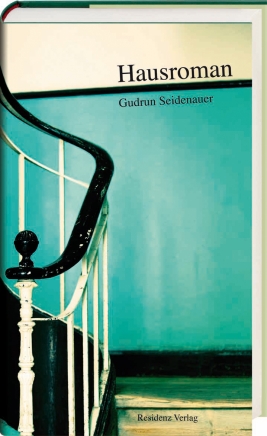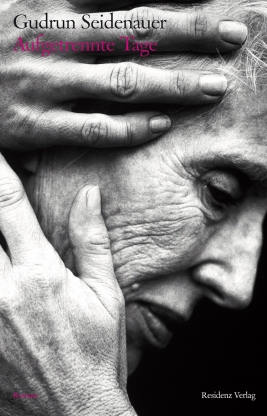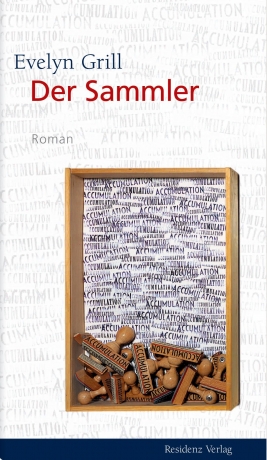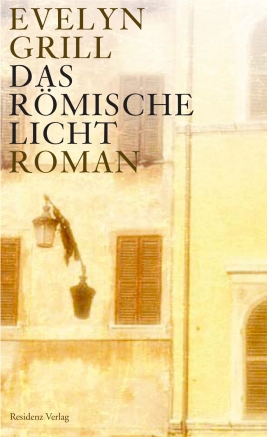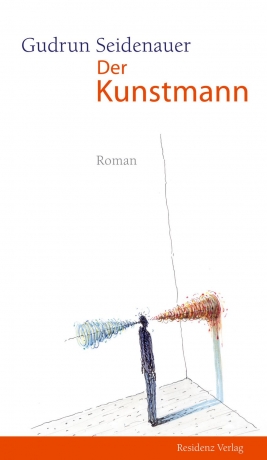
Gudrun Seidenauer - The Artificial man
1 individual and 2 names, 1 life and 2 stories, 1 mind and 2 ideologies: What does one adhere to in dealing with a person who has two different biographies?
Eisner is not who he pretends to be. As a high-ranking associate of the SS organisation "Ahnenerbe", his name is Josef Engler. In 1945 he creates a new identity for himself. As Josef Eisner, he commits himself to humanistic principles. He grows to be a renowned literary scholar who is eager to correct the murderous errors of his first life to the exclusion of his personal history. When Engler's cover is blown, his former assistant Roland Klement starts searching for answers. What does it mean to have to distrust? Where does it lead one who was taught to keep things at a certain distance, when his model and patron lets him down? What remains, when life stories cannot be combined anymore, when the assumptions one has got used to are not valid any longer, and when the flight to hasty judgements becomes as impossible as a clear bottom line? While being distant and, likewise, empathetic, in her astonishingly sovereign debut Gudrun Seidenauer manages to confront herself and her readership with a chapter in the past that has by no means been worked off yet.
Book details
224 pagesformat:110 x 190
ISBN: 9783701714025
Release date: 01.11.2005
License rights
- World rights available






